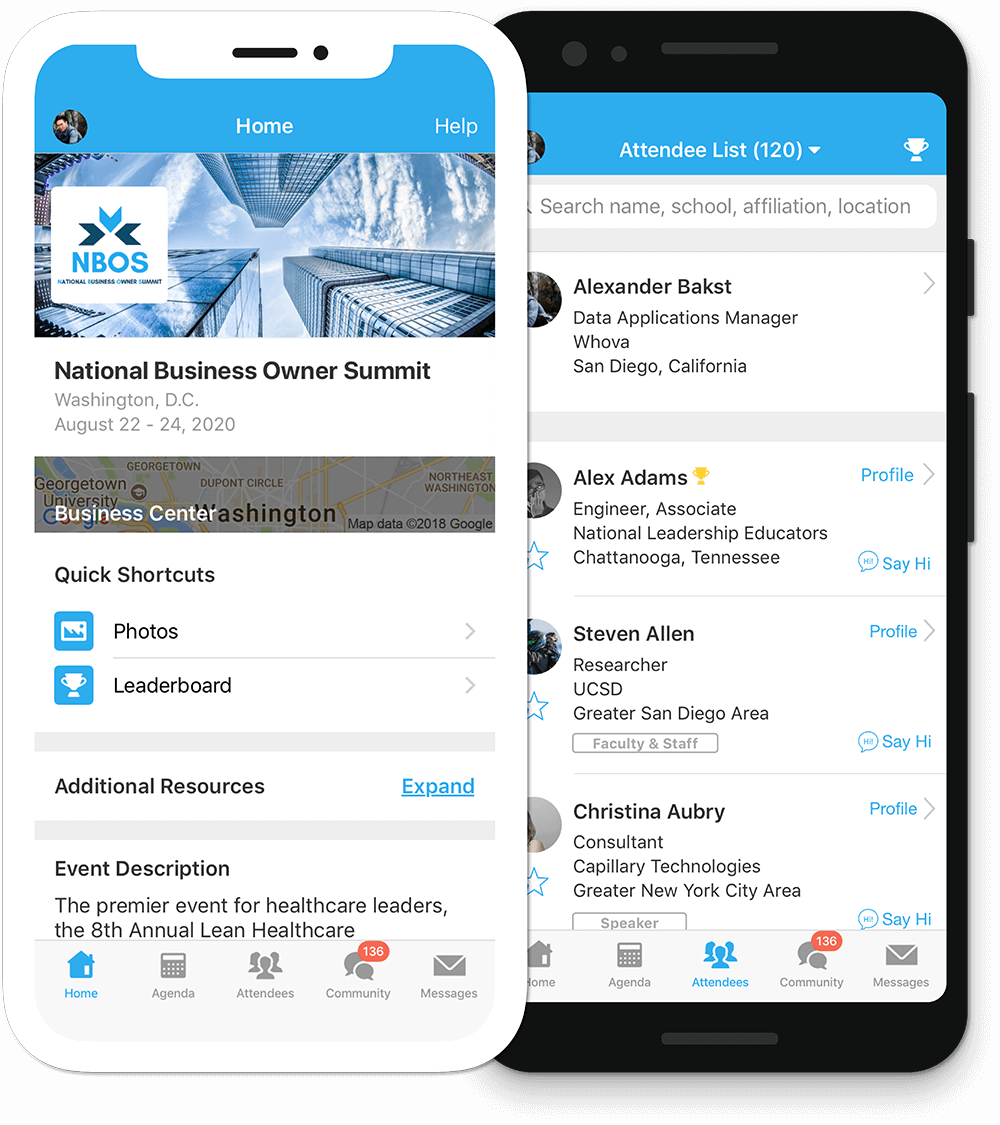Engagement Scholarship Consortium International Conference Bridging Resources to Build Stronger Communities
October 8-9, 2025
Pre-Conference: October 6-7
Learn more
Hosted by Virginia Tech and the member institutions of the ESC East Region
Call for Proposals
The Call for Proposals is closed.
The Engagement Scholarship Consortium seeks proposals for its 2025 annual conference, Bridging Resources to Build Stronger Communities. The conference will be held Oct. 8-9, 2025 (Pre-Conference: Oct. 6-7, 2025) in Roanoke, Virginia.
The 2025 ESC Conference will be a place for engaging conversations about the many ways that we work collectively to build and sustain strong communities. We will come together to share the outcomes and impact of our work, explore new ideas, and co-create solutions to society’s most pressing problems. Presentation proposals will be considered on any topic clearly connected to the advancement of community engagement.
Who Should Submit a Proposal?
Individuals, teams, and transdisciplinary collaborators across the educational spectrum, including:
- Undergraduate and graduate students involved in community/university engagement and/or studying the impacts of service-learning and community engagement.
- Representatives of community, educational, government, and/or corporate organizations working in partnership with colleges and universities.
- University and college faculty and staff involved in the study or practice of engaged scholarship, the scholarship of engagement, the implementation of engagement programs, or service-learning.
- Higher education administrators, including community engagement professionals and student affairs professionals, who foster institutional support for community engagement.
- Community members and other critical stakeholders who play key roles in community/university partnerships and their impacts.
Presentation Formats
Proposals may be submitted in any of the following formats:
- Research and Partnership Presentations – 30 minutes
This multi-presentation format provides a focused opportunity to advance our collective knowledge about community engagement by sharing best practices, lessons learned, and/or research findings. Each session will consist of two presentations, both allotted 30 minutes, each with at least 5 of those minutes dedicated to active discussion with the audience. To the degree possible, the conference program committee will pair individual research and project presentations around a common focus area or closely related topic. - Interactive Workshop – 60 minutes
Workshops are designed with an intentional focus on skill and knowledge development. Presenters should plan to share information about a particular body of knowledge, evidence-based practice, engaged teaching or research techniques, assessment or research results, or methodologies. Active discussion between the audience and presenter(s) should be encouraged throughout the session. Workshops will be scheduled for 60 minutes total, composed of 40 minutes of active discussion and 20 minutes of interactive questions and answers with the audience. - Roundtables – 60 minutes
Roundtables are designed to be highly interactive sessions focused on a common theme or interest area. The presenter(s) should begin the Roundtable session with a brief presentation of the results of a research study, or a rich description of a translational, educational, service-learning, clinical, or other program of engaged scholarship or evidence-based practice. The presenter(s) should then facilitate an engaging conversation with participants to answer questions, share ideas, and discuss best practices or innovative approaches. Roundtables are scheduled for 60 minutes. - Panels – 60 minutes
Panels are designed to exchange information about a particular body of knowledge, evidence-based practice, engaged teaching technique, assessment or research instrument, or methodology. Panels include a target of three or four panelists and feature active discussions and conversation from various perspectives about a topic. Panels will be scheduled for 60 minutes, composed of 40 minutes of active panel discussion and 20 minutes of interactive questions and answers with the audience. These proposals should identify all panelists, as well as a moderator for the panel discussion. - Posters
Posters are best suited to reporting results of research studies, assessments, and evaluations as well as the presentation of translational, educational, service-learning, clinical, or other programs of engaged scholarship or evidence-based practice. Posters presented will be displayed continuously during an open viewing period. Also, to encourage networking and discussion of the displayed work, at least one presenter is expected to be present at the poster during the formal session.- This year, poster presenters will also be invited to display their work digitally through Whova, the ESC conference app, and be considered for Outstanding Poster Presentation awards.
Proposal Submission Requirements
- Primary presenter contact information
- Contact information for up to five co-presenters
- Presentation title (10-word maximum)
- Abstract for conference program (50-word maximum)
- Presentation proposal (300-word maximum) that discusses how your session will connect to the conference theme of working collectively to build and sustain strong communities. Your proposal should include necessary contextual information, the outcomes and impact of your work, the new ideas being presented, and your co-creative work to develop solutions to society’s most pressing problems.
- Presentation focus area(s) (up to 5):
- Evaluation and Assessment for Engagement
- Approaches to Building Sustainable Partnerships
- Community-Engaged Teaching and Learning
- Community-Engaged Research
- Community-Engaged Creative Activities
- Community-Engaged Service and Practice
- Collaborative and Transdisciplinary Engagement
- Innovation and New Technologies for Engagement
- Leadership and Engagement
- Civic and Democratic Engagement
- Economic and Workforce Development
- Broader Impacts and Societal Benefit
- Engagement in a Time of Crisis
- Engagement for Diversity, Equity, Inclusion, and Justice
- Target audience
- Presentation format
- Three to five learning objectives
All presenters of accepted proposals will be expected to register for the conference. Preferences for presentation format may not be possible; however, the review team may consider the presentation for another type of presentation format. In these cases, the review team will contact the presenter to suggest an alternative format for consideration.
The submission deadline is Monday, April 7, 2025.
For further questions related to the proposal requirements, contact info@engagementscholarship.org.
